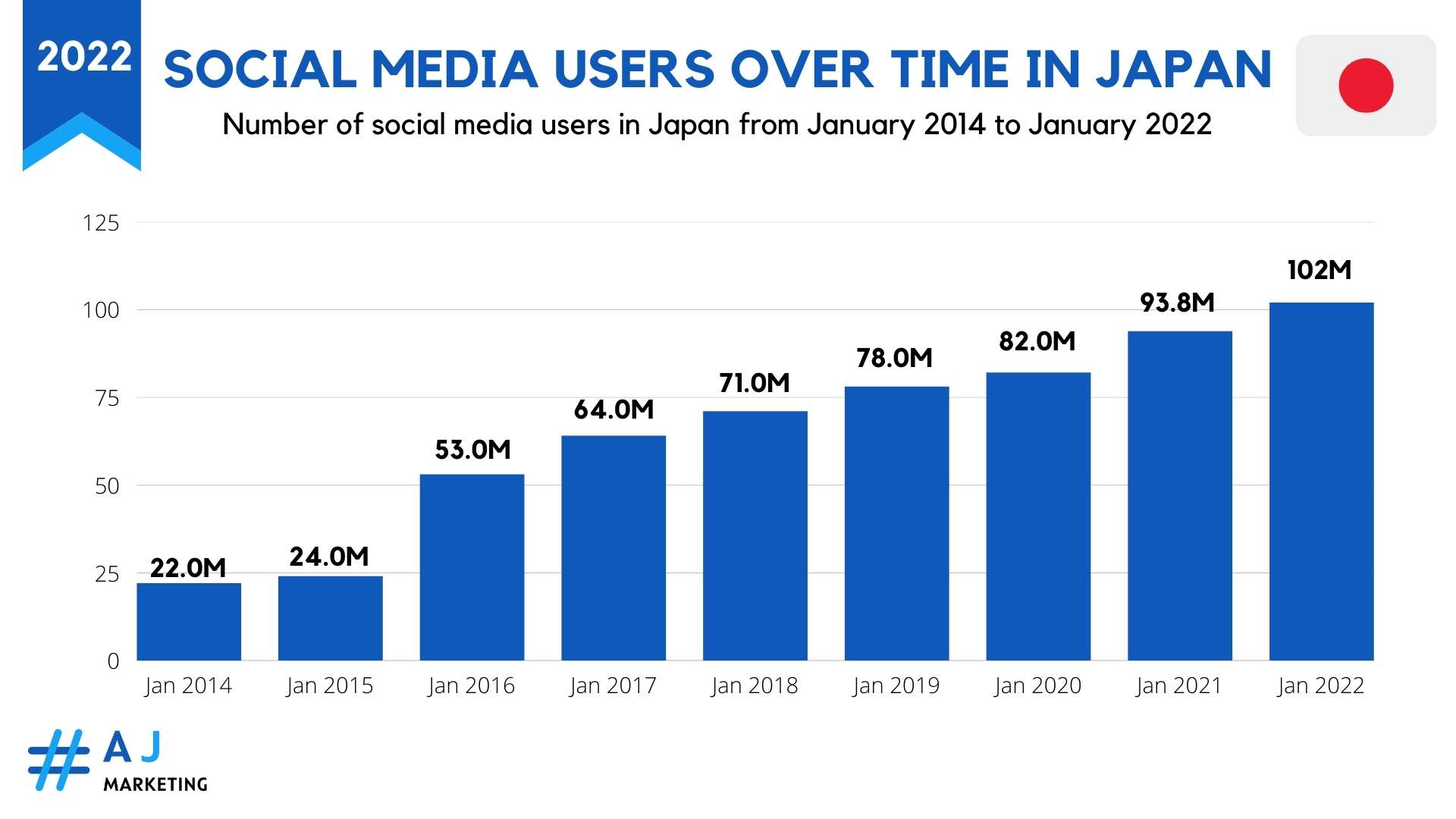[ad_1]
The U.S. Treasury Department said Friday that Japan remains on a list of countries it monitors over potentially “unfair” currency practices, while noting that foreign exchange intervention should only take place in “very exceptional” cases amid the rapid weakening of the yen against the U.S. dollar.
In a semiannual report to Congress on currency manipulation, the department named 12 economies on its “monitoring list” — China, Japan, South Korea, Germany, Italy, India, Malaysia, Singapore, Thailand, Taiwan, Vietnam and Mexico. All except Taiwan and Vietnam were on the list in the December 2021 report.
The department assesses whether a country has manipulated its currency exchange rates to gain an unfair trade advantage through three criteria — the size of trade surplus with the United States, the size of current account surplus as a share of gross domestic product, and the extent of intervention in foreign exchange markets.
On Japan, the report said the country has met two of the three criteria in every report since April 2016, having “material current account surpluses combined with significant bilateral trade surpluses with the United States.”
It also said Japan is “transparent” with respect to foreign exchange operations, noting that the Asian economy has not intervened in foreign exchange markets since 2011.
But the Treasury Department’s “firm expectation is that in large, freely traded exchange markets, intervention should be reserved only for very exceptional circumstances with appropriate prior consultations,” according to the department.
The yen has been in a free-fall amid prospects for divergence in monetary policy between Japan and the United States. While the Federal Reserve decided in March to raise key interest rates to tackle high inflation, the Bank of Japan has been sticking to its powerful monetary easing to keep interest rates around zero percent.
The report concluded that Switzerland met all three criteria during the year through December and the department will continue an “enhanced bilateral engagement” to address the issue.
But it refrained from labeling any major U.S. trading partner as a currency manipulator.
The report also emphasized that China’s failure to publish foreign exchange intervention data and its broader lack of transparency around key features of its exchange rate mechanism make it “an outlier among major economies,” and the Treasury Department will “closely monitor the foreign exchange activities of its state-owned banks.”
[ad_2]
Source link
















